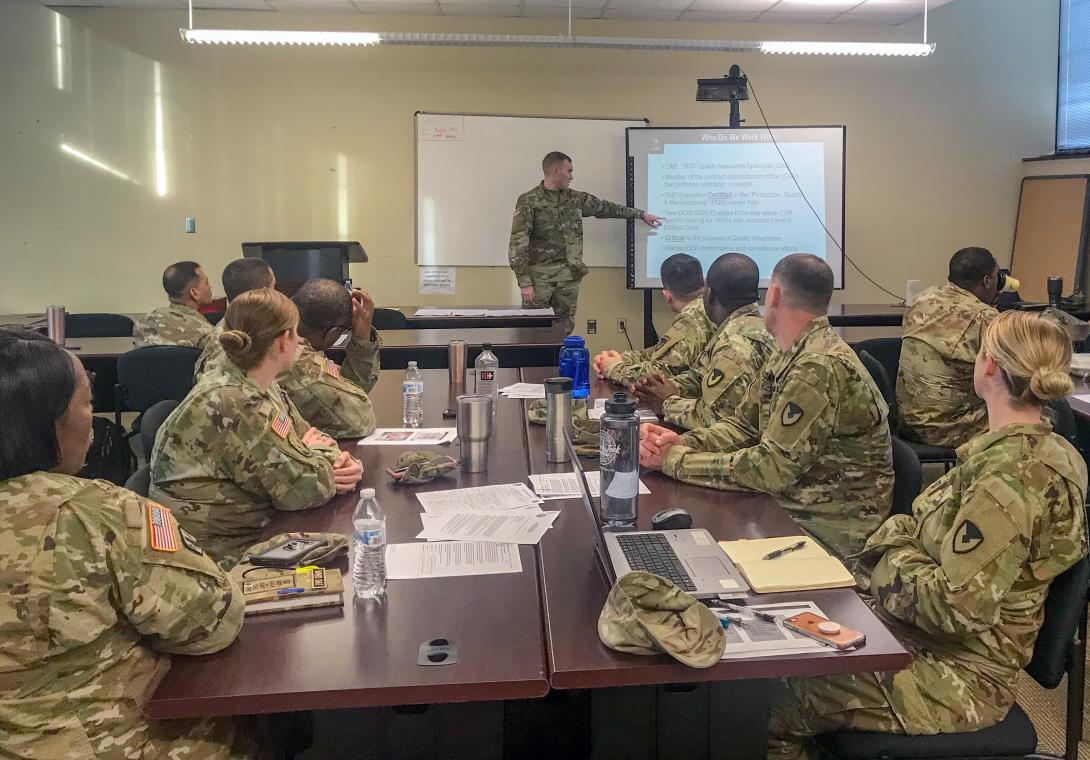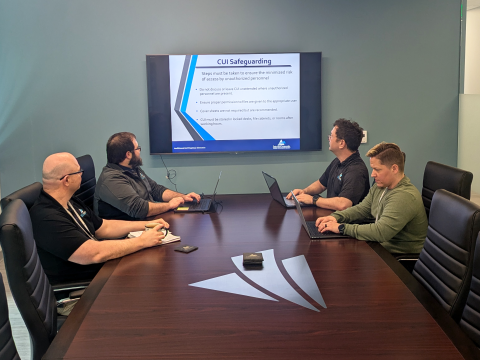Experts Talk Frankly About Contracting
Companies, especially small businesses, need to mix Best In Class contracts in their business development quiver if they hope to stabilize and grow in today’s government acquisition environment. Although it’s valuable to be on large contract vehicles, if for no other reason than to list them on a corporate website, small firms must be careful not to depend only on them for steady business income.
According to Kevin Switaj, president and CEO, BZ Opportunity Management, companies should tout Best In Class (BIC) contracts on their websites because they are the crème de la crème; however, Switaj admits that they are a risky business strategy.
“The delay in award becomes a detriment for some of these organizations. The contact award may have a delay of up to two years…but who knows what your company will look like in two years or who will be working at your company?” he asked.
Switaj and several other small business experts took part in the Best in Class Contracts: Your Questions Answered webinar hosted by the AFCEA International Small Business team and moderated by Lisa Shea Mundt, co-founder, The Pulse of GovCon.
BICs can result in other unintended consequences, Spence Witten, senior security consultant, said. First, these contracts have dozens if not hundreds of rules, and rules create limits. As a result, only high-profile and highly structured companies are likely to win a spot on the contract.
While winning a place on a BIC contract is important, small companies must understand the risk, emphasized Courtney Fairchild, co-founder and president/CEO, Global Services. “The cost to a small business is more than it should be, and with the length [before contract award], the contract could be canceled, but a small business has invested in it already,” Fairchild said, pointing to the Governmentwide Acquisition Contract Alliant 2 Small Business contract competition as a prime example.
Witten said the cancellation of the Alliant 2 Small Business contract added a “once bitten, twice shy” to the contract competitions environment. “Some companies are going to be weighing the risk if this doesn’t go well on the first run,” he pointed out.
The cancellation also led to the loss of many mid-size companies, he added. They were sized out because they’re not large enough for Alliant Large, and now they are too large for small business competition.
Keith Johnson, contracting officer, National Institutes of Health Information Technology Acquisition and Assessment Center, explains that, as per the Office of Management and Budget definition, a BIC contract is pre-vetted and well managed with appropriate pricing strategies and category management. “But for me, this definition is a moving target. It is evolving as we’re moving forward,” he said.
What’s important, Johnson added, is taking a broad approach and the time to come up with a way to leverage the government’s buying power. “We live in a world where precision is important, but this definition isn’t precise. The definition is going to change, which can cause some angst for industry. But we’re taking a step in the right direction by leveraging up-buying power,” he stated, which also has caused angst for contracting officers who have made the effort to stick to the definition.
The rigidity of some BICs requirements have resulted in some companies losing out on a contract for a minor error. For example, the “rule-following” mentality can lead to the best solution being rejected simply because the company filled out the wrong form. It can be a confusing job just understanding filing directions, the panelists agreed.
Fairchild pointed out that companies have always talked about proactive business development, but the BICs expand how sales teams must now define “proactive.” Instead of simply calling, emailing or visiting potential new clients, the BICs require firms to develop an acquisition strategy. “If you wait too long to put your input into the contract vehicles’ development, you don’t have the opportunity to compete for a lot of them,” she says.
Mundt stresses Fairchild’s point, saying, “A lot of companies ignore RFIs [requests for information], but that’s the opportunity to get input into the design of the contract vehicles,” she stated.
Witten emphasized that small companies cannot just “feed off the table scraps” of large companies if they hope to succeed. “You have to be on one of the BICs because you have to look like a company that can succeed on this type of vehicle,” he stated. Fairchild recommended either working with a large firm or partnering with like-size companies.
Johnson said the government is considering other ways to make BICs accessible to more companies. For example, additional labor categories can be introduced to allow for flexibilities. In addition, having a “rolling” contract awards approach rather than the rigid contract compete-award-renewal method is another idea. “That’s something we’re looking at for the future. We want to have a robust evaluation period, but we don’t want to have 2,000 contracts either,” he stated.
AFCEA members can experience the entire webinar online via the portal. Not a member? Join today.






Comments